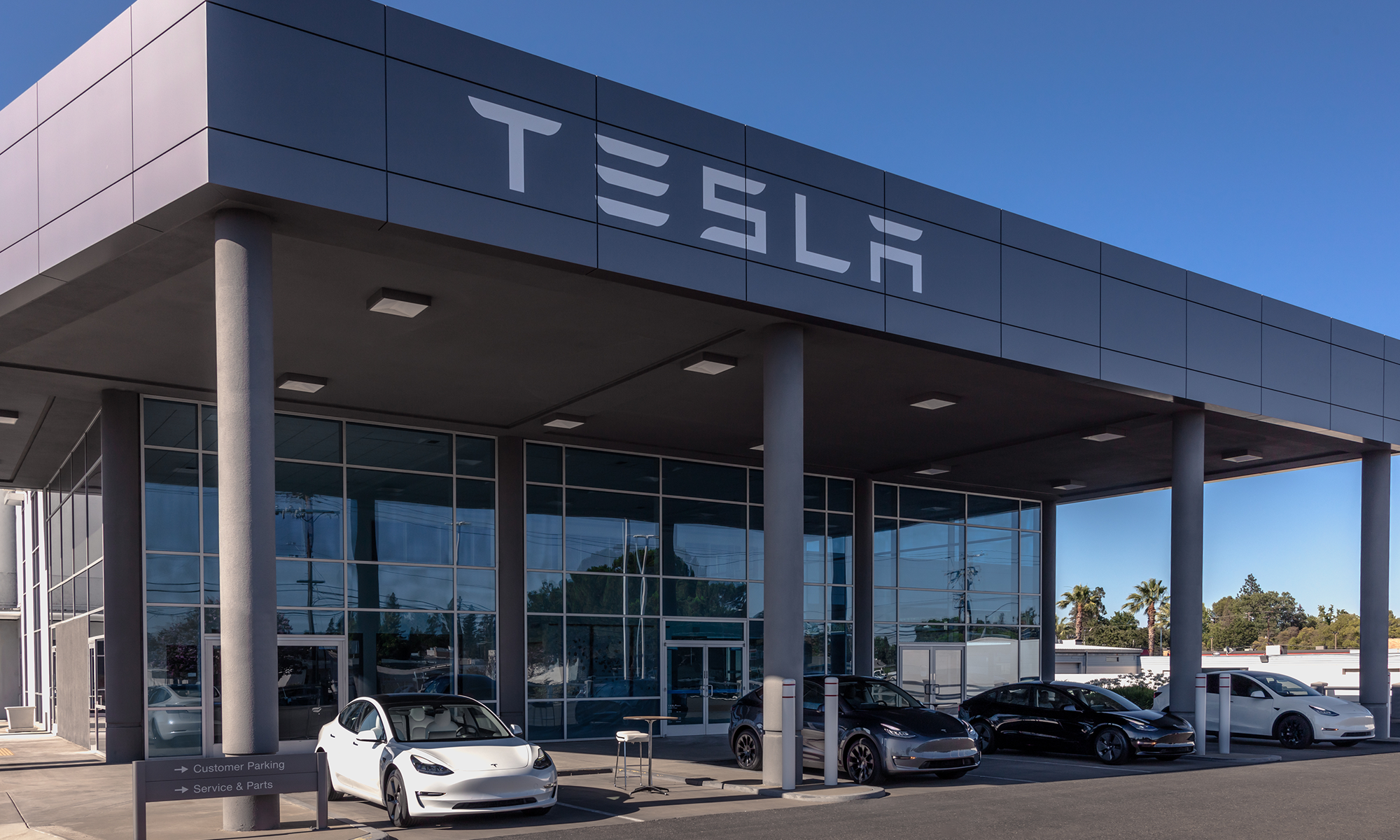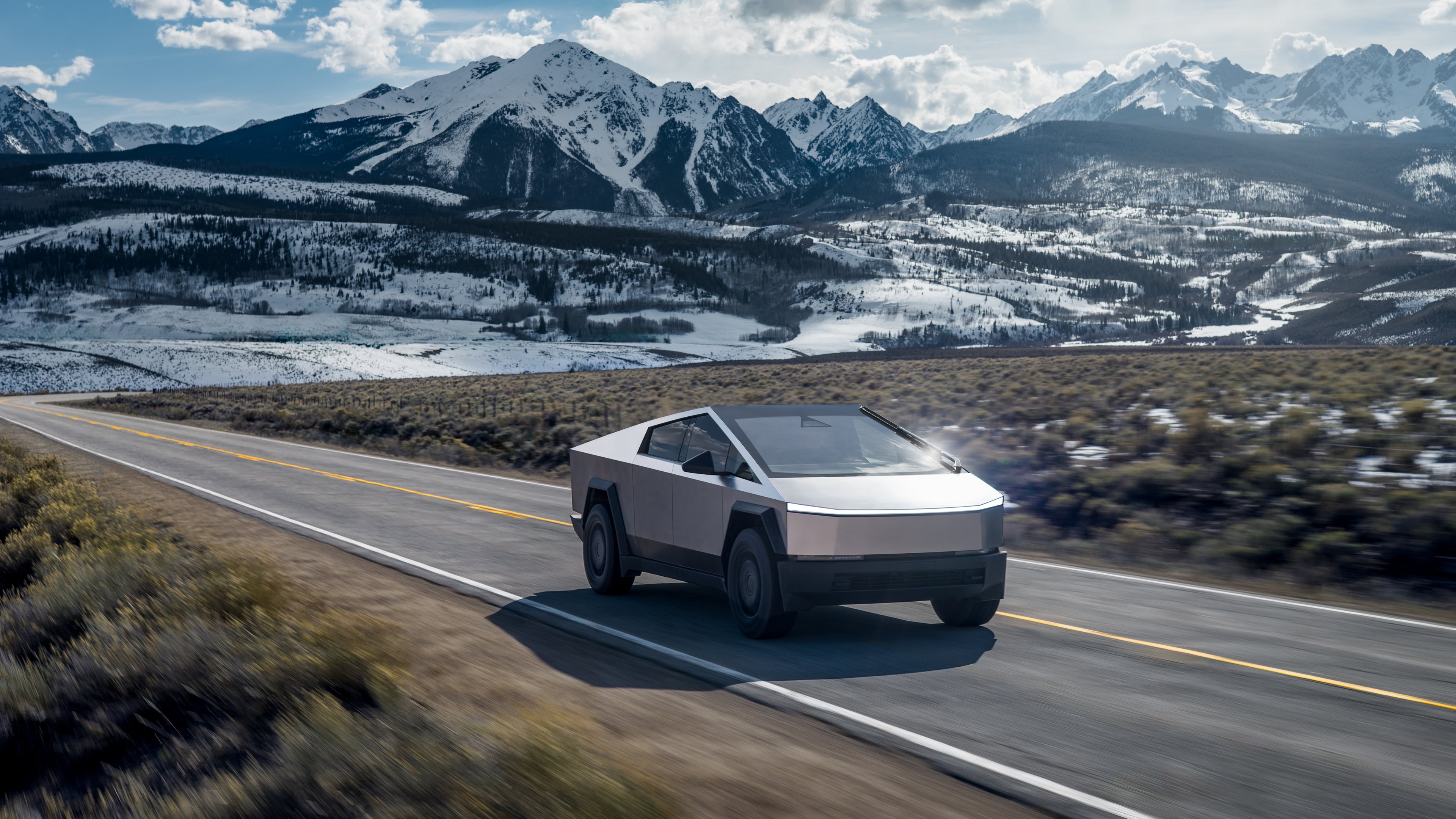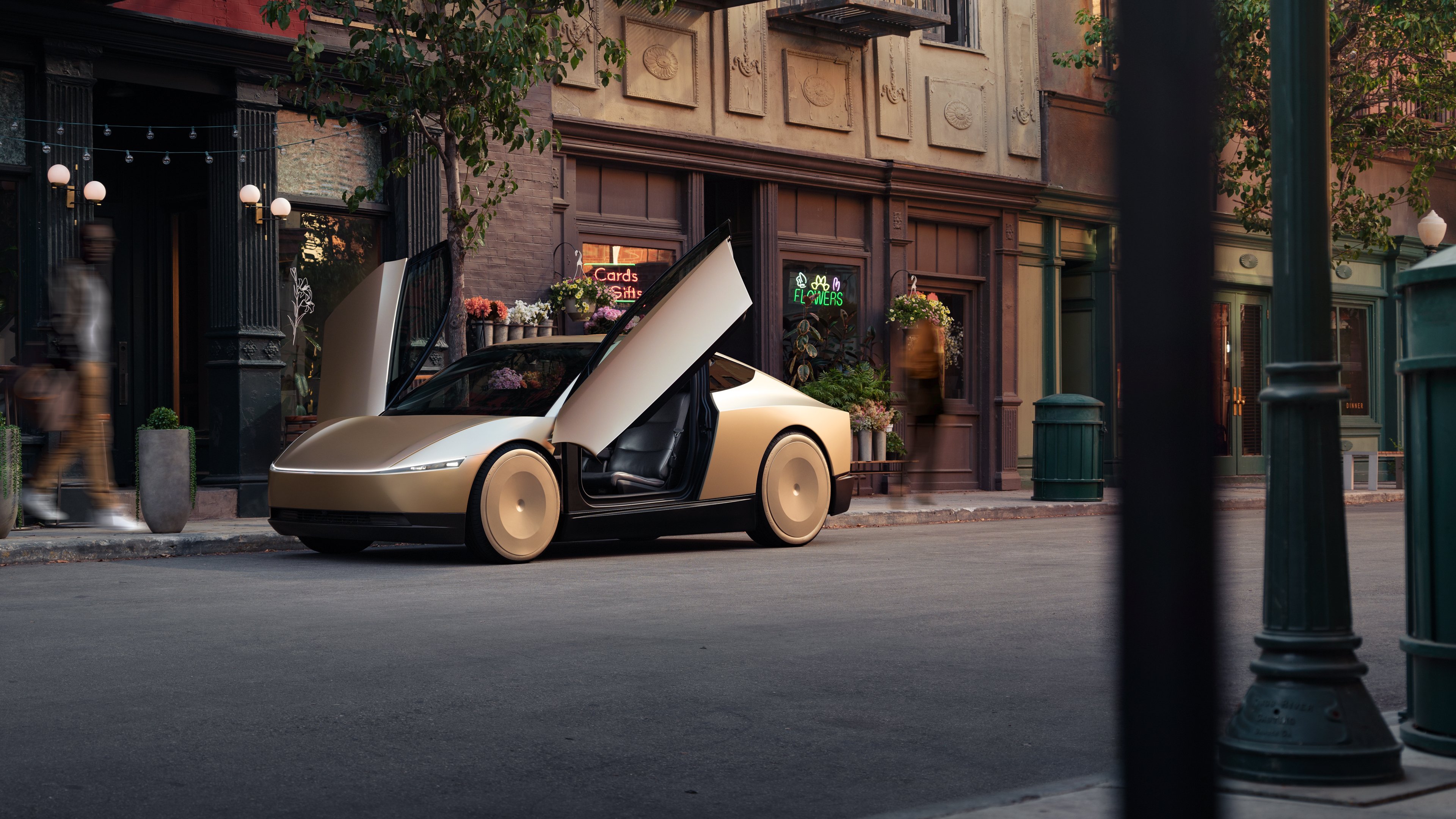Join The Motley Fool's Austin Smith for a chat with Sandeep Munshi, director of technology and development at Westport Innovations. Based in Vancouver and with facilities in eight other countries, Westport is the industry leader in natural gas engines and vehicles.
Light-duty electric vehicles are great in cities, but Sandeep discusses the greater versatility of natural gas -- suitable for both light and heavier vehicles -- as well as the economic differences between the two technologies.
To watch the full interview, click here.
Austin Smith: From a pure engine performance aspect, it would look to be that something like an electric engine would have many of the same benefits as a natural gas engine; say, high torque on demand, low cost of operation.
I'm wondering how you think about that and maybe a company like Tesla, and whether or not their offerings are a threat to natural gas engines, or where they would stand in relation to the products that you guys are offering.
Sandeep Munshi: Interesting question. Tesla, the whole story with electric vehicles or electric cars, it's a new technology. It's an emerging area of technology.
Yes, as you mentioned, electric cars do have some performance and efficiency benefits, but if you look at the overall scheme of things that comparison only goes so far because electric vehicles currently -- and hopefully in the near future -- are limited to urban transport, passenger cars, more light-duty vehicles.
Whereas, when we talk about natural gas we're talking from very small engines, light-duty passenger cars, to commercial vehicles, trucks and very large marine, locomotive engines, off-road, industrial engines, so the spectrum is very large when it comes to natural gas engines.
Electric vehicles are an application that's limited, as I say, to urban markets. That's one difference.
The other difference is, cost-wise, EVs -- or electric vehicles -- are significantly more expensive. Even though they are more efficient, what I read in the media the payback period could be much longer to recover the initial cost of the electric vehicle that you pay for.
These are some of the differences between, say, a natural gas vehicle and an electric vehicle.







